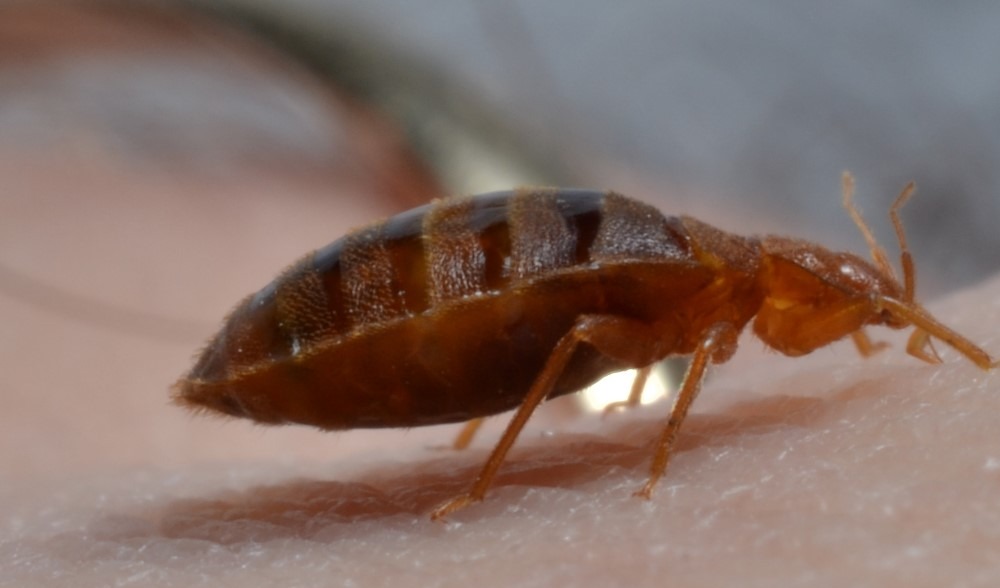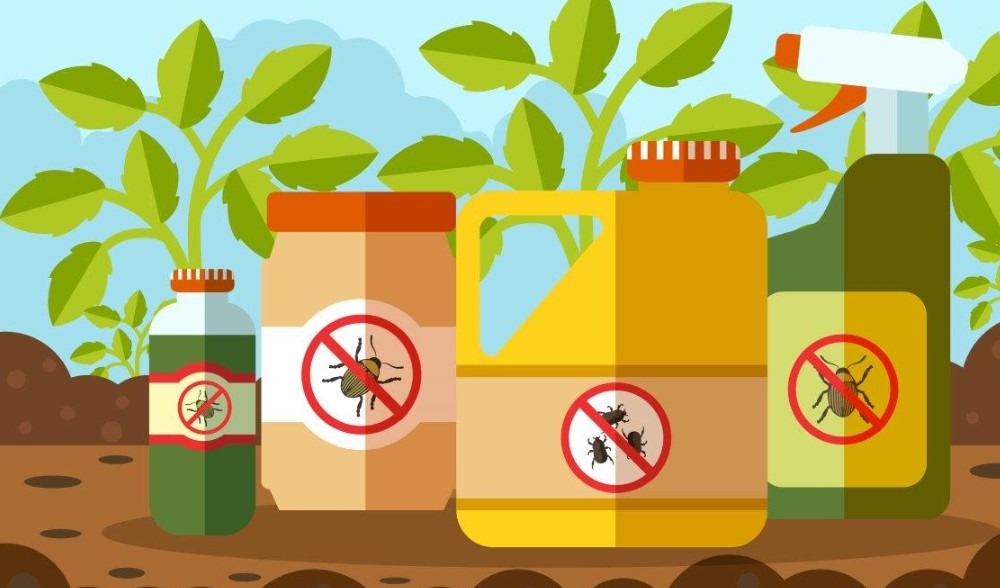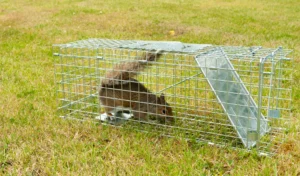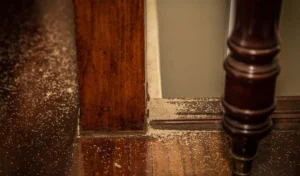Insecticides are an important part of any homeowner’s arsenal when it comes to keeping pests at bay. However, with so many different types and formulations available on the market, it can be difficult to know which ones are the best for your needs. This blog post will explore some of the most common insecticides and provide tips on how to choose the right one for your home.
What to Consider When Choosing the Best Insecticide
It’s critical to consider the benefits of organic versus chemical pesticides when choosing the best insecticide for your home. Determine which insects you’ll be eradicating, the insecticide’s form or application mode, how safe it is, and whether it’s suitable for treating edible plants after determining which kinds of insects you’ll be removing.
Form
Insecticides may be applied in a variety of different ways, including powders, sprays, granules, and concentrates. Spraying your yard is not always the best option if you want to cover a large surface area versus a small one. Where are the insects coming from and how big an area do you need to treat with insecticide? Once you know these things, you’ll be able to choose the treatment that works best for your needs.
Type
Insecticides can be a valuable tool in the garden, but it is important to choose the right one for the job. The correct insecticide will depend on the type of insect you are trying to control and the severity of the infestation.
Some common types of insecticides include:
- Contact killers: These kill insects on contact and are perfect for small infestations.
- Systemic killers: These are absorbed by the plant and then transported to the insects, killing them from the inside. They are ideal for large infestations.
- Repellents: These keep insects away from plants without killing them. They are perfect for protecting delicate plants or when you want to avoid using chemicals.
Ingredients
- Insecticides are made up of natural or synthetic chemicals that combat and deter home invasions.
- Neem oil, peppermint oil, pyrethrin, cedar extract, citronella, and other important oils are some of the insecticide components. These compounds aren’t as strong or long-lasting as those in chemical pesticides, but they’re more suitable for indoor use due to their lack of toxicity to people and other animals.
- Fipronil, hydramethylnon, indoxacarb, imidacloprid, acephate, carbaryl, and boric acid are just a few of the chemical pesticides used against termites. Although these products can be fatal to people, pets, and outdoor animals that live around your property if consumed in large doses over an extended period of time (see Side Effects), they are manufactured to target a wide range of insect species.

Application
You’ll need to choose whether a spray, powder, granular, or liquid concentrate is best for your infestation or point of entrance in your house. Read the manufacturer’s instructions for use carefully before treating your home so you’re aware of any precautions you should take.
Before you apply an insecticide, assess the area where it will be used and remove any plants, fish, reptiles, birds, or other living things that might be damaged by it. When applying the pesticide, make sure to focus on areas where you’ve seen insect activity. Treat the areas where pests are most likely to congregate, including beneath and behind appliances, under your kitchen sink, near the garbage, and any other damp or dark locations in your house.
Longevity
In terms of pest control, “longevity” refers to how long an insecticide remains effective before it has to be reapplied. The length of time an insecticide continues working is determined by two things: how fast the active component dissolves and how much product is used. The minimum efficacy period for most insecticides ranges from one month to two years, while the maximum efficacy duration varies based on the pesticide.
Because the poison depletes rapidly if a large number of insects ingest or carry it away on their bodies, persistent infestations will demand more frequent applications. Always follow the manufacturer’s recommendations for reapplying an insecticide.
Safety
Pesticides should always be used with caution inside the home. Before utilizing a pesticide indoors, you should follow the manufacturer’s instructions for proper use, which should include whether any precautions are necessary. Wearing long-sleeve shirts, protective gloves, safety glasses, and a mask while applying pesticides inside your home is a good idea. After using pesticides in your house, it is essential to ventilate the area carefully.
Insecticides that utilize chemical pesticides may cause adverse effects including red and irritated eyes, rashes, dizziness, nausea, vomiting, headaches, shortness of breath, and asphyxiation. If you see indications that someone in your home has consumed or breathed a chemical insecticide, call 911 and get them help right away. You can also reach the poison control center to find out how you can assist the individual.

Best Insecticide Options
Insects can be pesky critters. You may be wondering what the best options are for getting rid of them. Here are some of the best insecticide options:
1. Bottled Hot Mist
2. Water Emulsion
3. Bottled Powder
4. Insecticidal Bait Powder
5. Glue Bait
Conclusion
It is important to take into consideration all of the factors mentioned when choosing an insecticide. By doing so, you can be sure that you are making the best decision for your needs and the safety of your family.



